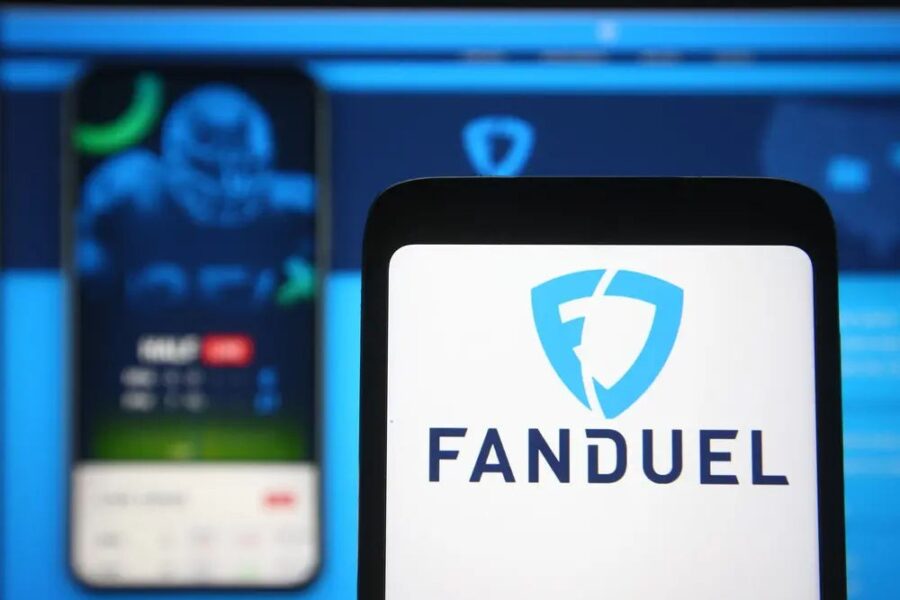Flutter, FanDuel “on the sidelines” of prediction-market scrum, legal expert says

Prospects for traditional sports books in a prediction-market world are mixed, according to legal expert Daniel Wallach. His view was described as that online sports betting operators face a situation in which “the legal landscape remains uncertain, and that OSB operators … are left on the sidelines, with di minimis impact pending resolution.”
That summary was provided by Jefferies Equity Research analyst David Katz, in a 15 September investor note. It summarized an hour-long briefing Wallach gave to Jefferies and institutional investors that same day.
Wallach addressed the status and premises of multiple cases involving Kalshi, which has legal actions pending in state and federal courts. He generally found that the event-contract company held the early advantage.
For Wallach, the central issue was Congress’ intent in forming the Commodity Futures Trading Commission and the Commodity Exchange Act. Also critical to the cases is the legal definition of what constitutes a “swap.”
The argument hinges on “potential commercial economic consequence.” This term, per Kalshi’s interpretation, includes sporting events. Courts have seem inclined to concur.
“However, our expert also notes that several prior rulings/statutes indicate that Congress may not have intended for swaps to include sports, which would then favor the states,” Katz elaborated. Kalshi’s attorney, Wallach noted, had undercut part of the argument by conceding that prop bets did not qualify.
According to Wallach, there are three potential outcomes. One would be for Congress to clarify the Commodity Exchange Act to explicitly exclude sports betting. Another would be for the Supreme Court to weigh in on the issue, which Wallach seemed to feel was inevitable. Lastly, the lower courts could agree on what constitutes a swap, as opposed to a wager.
Wallach felt that resolution of the issue was a full year distant, staying the hands of DraftKings and Flutter Entertainment subsidiary FanDuel. He said that “the lower courts appear conflicted, cases take time to progress through the legal process, particularly should it reach the Supreme Court, and our impression is that Congress is not eager to address this issue.”
From Wallach’s perspective, the lack of clarity gives Kalshi room to roam. Should the issue be resolved to a certainty, either way, momentum would swing back to the OSB incumbents.
The veteran attorney explained that “were sports events to be legalized swaps, DKNG and FLUT could enter the market productively vs. disrupter Kalshi, and if sports events were prohibited, DKNG and FLUT would continue as is.”
As things stand, Kalshi is able to penetrate states where sports betting is illegal. This state of affairs has inspired headlines in Georgia, Alabama and Texas. Traditional OSB providers, meanwhile, must stand aside, lest they prejudice their chances of being legalized in these jurisdictions and/or alienating Native American tribes, who are largely opposed to prediction markets.
Wallach pointed out that Donald Trump Jr. advises Kalshi and holds a stake in another prediction firm. He could, it was argued, push for congressional clarification of event contracts vis-a-vis sports betting. But “it is in Kalshi’s interest to delay this process in an attempt to extend the uncertainty period.”
The attorney held a low opinion of the legal presentations made by Nevada and New Jersey, which was late to its own hearing. However, by attacking the issue at state level rather than federally, he thought tribes in California and the government of Massachusetts stood better chances.
In the case of the Bay State, “Kalshi is a defendant in state court, rather than a plaintiff in federal court, and is therefore subject to state law vs. attempting to argue federal pre-emption, and other states could follow suit.”
As for California, Wallach thought tribes might have Kalshi over a barrel. Aside from the prospect of event contracts violating the Indian Gaming Regulatory Act, geofencing is a crucial matter. Should Kalshi agree to geofence tribal reservations, it would scuttle its own federal-level argument that geofencing would be financially ruinous. OSB providers already do it.
After the webinar, Katz’s investor thesis remained the same. He advised Flutter and DraftKings to “approach meaningful capital deployment conservatively pending a resolution.”
David McKee is an award-winning journalist who has three decades of experience covering the gaming industry.
Verticals:
Sectors:
Topics:





